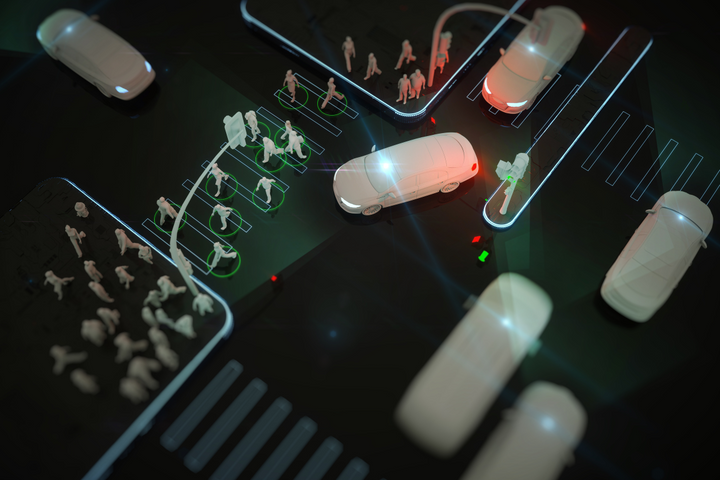
Self-driving taxis were rolled out on a trial basis in the capital in March following a series of road tests, which were conducted with safety supervisors on board.
Photo: Canva
A larger fleet of driverless taxis will soon be available for hire in Beijing as officials there decided July 7 to launch the taxis for commercial service in an expanded area, according to a report from China Daily.
The Office of the Beijing High-Level Autonomous Driving Demonstration Zone rolled out the self-driving taxis on a trial basis in March following road tests overseen by supervisors on board, the newspaper reported. Xu Hongwei, executive deputy director of the Office, said the tests and trials set the stage for the regular use of unmanned vehicles and provided experience in demonstrating them.
According to China Daily reports:
The Office plans to allow commercial operation of the driverless taxis in an area of 500 square kilometers (193 square miles). Interested companies are required to apply for commercial operation permits.
Authorities in Beijing made the policy decision to allow eligible companies to operate driverless taxis without safety supervisors on board and charge passengers for the rides, marking a major step in providing driverless tranportation to the public.
Chinese tech giant Baidu and autonomous mobility Pony.ai won permits to operate driverless taxis through their riding apps within a 60-square-kilometer area in Yizhuang in the southern suburbs of Beijing. The trial rides were free for passengers.
The Office had 116 self-driving taxis operating in Beijing on a trial basis for the past four months, according to China Daily. They have completed over 1.5 million test trips, and the total length of the trips reached nearly 2 million kilometers. More than 95% of passenger ratings have been favorable.
Hongwei also mentioned that during this new phase of driverless taxis, the main focus will be on reviewing passenger safety, traffic conditions, and autonomous driving functions.
Supervision and emergency plans will also be tailored to the unmanned fleet to ensure the vehicles operate smoothly and safely.
China Daily reports that the vice-minister of industry and information technology Xin Guobin, said at a news conference last month that their road network has more than 15,000 kilometers for testing intelligent vehicles, including taxis and buses, that involve multiple self-driving scenarios such as autonomous valet parking and unmanned delivery.
